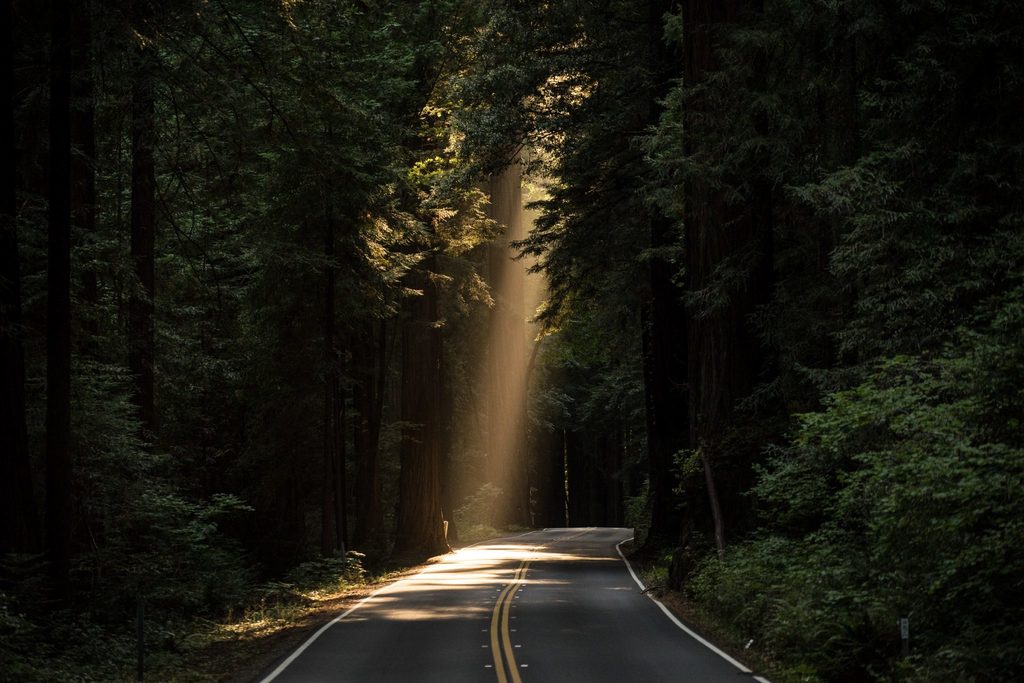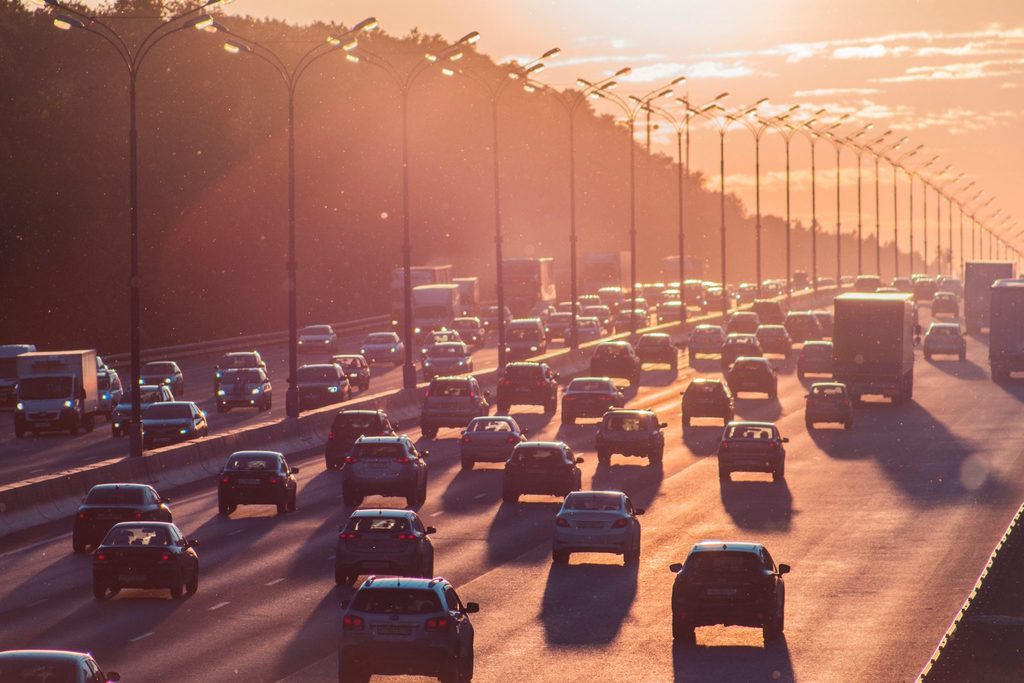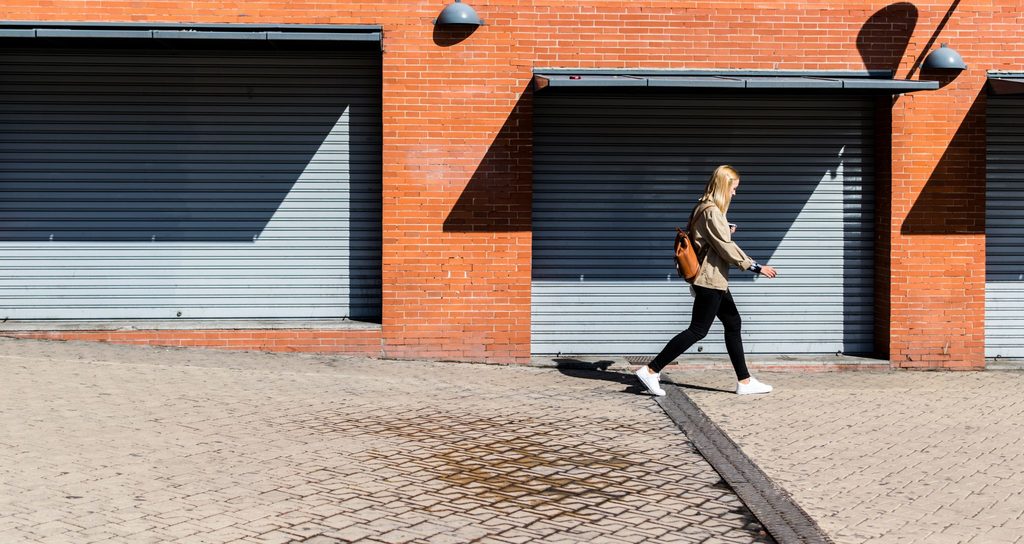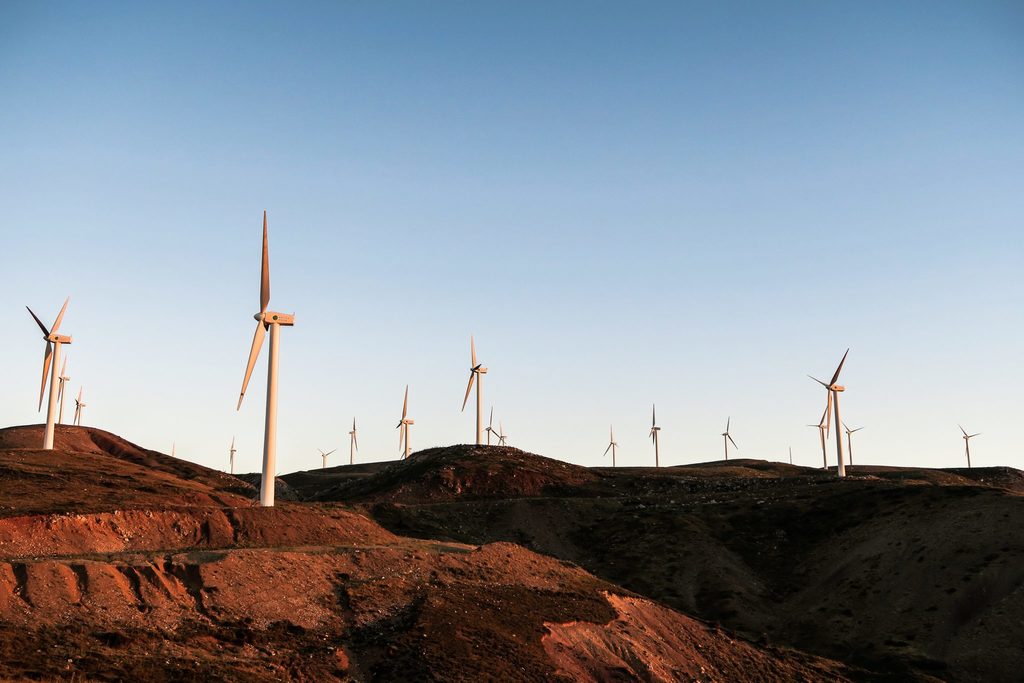What does a future without fossil fuels look like?
Last week, we wrote about some of our favourite renewable energy companies in the UK. Today, we’re going a little further — we’re imagining a world run entirely on renewable energy.
With solar power now a realistic possibility for many homes, and battery capacity increasing by the day, it’s possible that the world will one day phase out fossil fuels entirely.
Of course, there are hurdles to overcome. The sheer amount of money at stake for oil and coal companies means that the old guard will take some shifting. But with the renewable energy sector creating more jobs per unit of energy than fossil fuels, the economy might not have a choice but to go green.

From sustainable transport to improved public health, let’s imagine a world without fossil fuels.
Electric vehicles and charging points
In 2013, just 3,500 electric cars were registered in the UK. That figure is now around 200,000 — and growing.
There are also 18,685 charging points across the UK, meaning it’s easier than ever to take a long distance trip in an electric car. That was once the biggest problem for electric vehicle owners. Now, it’s almost as convenient as using petrol or diesel.

In a 100% renewable future, distance between charging points won’t even cross the minds of drivers.
In fact, charging points might not be relevant at all. Last year, in Sweden, the world’s first electrified road opened for use — charging electric vehicles as they drove.
As demand for electric cars increases, and fossil fuels are phased out, public transport will become entirely renewable. Many local bus services are already powered by electricity or biogas, and that is only likely to increase in the coming years.
Improved air quality and public health
With fewer polluting vehicles on the roads, air quality will skyrocket.
In 2018, London hit its annual air quality limit in just one month. The capital exceeded hourly nitrous dioxide limits 18 times before February — the maximum allowed under EU rules.

In the same year, King’s College London released a report stating that air pollution could account for 36,000 UK deaths per year.
A renewable future means improved public health and a better human experience in cities and towns. Cyclists stuck behind lorries in traffic will no longer be inhaling harmful pollutants. Pedestrians can finally feel the benefits of walking without the side effects of greenhouse gas (GHG) emissions.
Renewable jobs and learning from the past
When Margaret Thatcher ordered the closure of the UK’s coal pits, the reason was not to benefit the environment. While coal is a dirty fuel source, Thatcher wanted the UK to transition away from traditional industry. As a result, the closures left thousands of workers without money to feed their families.
A renewable future must learn from those mistakes. The fossil fuel industry employs millions worldwide, who cannot simply be left like the miners of the 1980s when the world turns in a new direction.

The good news is that the renewable sector has huge employment potential. As we mentioned earlier, it currently employs more people per unit of energy than fossil fuels.
The ideal would be to incorporate former GHG workers into renewable energy jobs if possible. That might not be possible, but our hope is for a smooth transition, whatever the outcome.
Self-powered homes and community schemes
In the UK, close to one million homes have solar panels installed. While the current government has been doing its best to halt that rise — removing subsidies and ending the energy buy back scheme — the future is most definitely renewable.
More homes and communities will be self-powered, with solar and wind making up the bulk of residential energy creation. As battery storage improves, thanks largely to companies such as Tesla, homes will be able to store leftover energy for a rainy day.

Advances in energy creation and storage will mean traditional energy companies are forced to adapt — or face closure. The government is doing its best to help these polluting giants, but public demand will force their hand sooner or later.
With the power firmly in the hands of individuals and communities, household bills will drop and we’ll all have more pennies to spend elsewhere.
For those who can’t install solar panels, perhaps we’ll see more community solar farms or group purchasing schemes. If renewable energy can bring people together, it’s worth a hundred times more than dirty fossil fuels.
We’re optimistic about the future. Yes, times are tough now and cooperation seems unlikely. But with a growing concern about the future of our planet, and an increasingly aware new generation, we can all dream of a world without fossil fuels.



